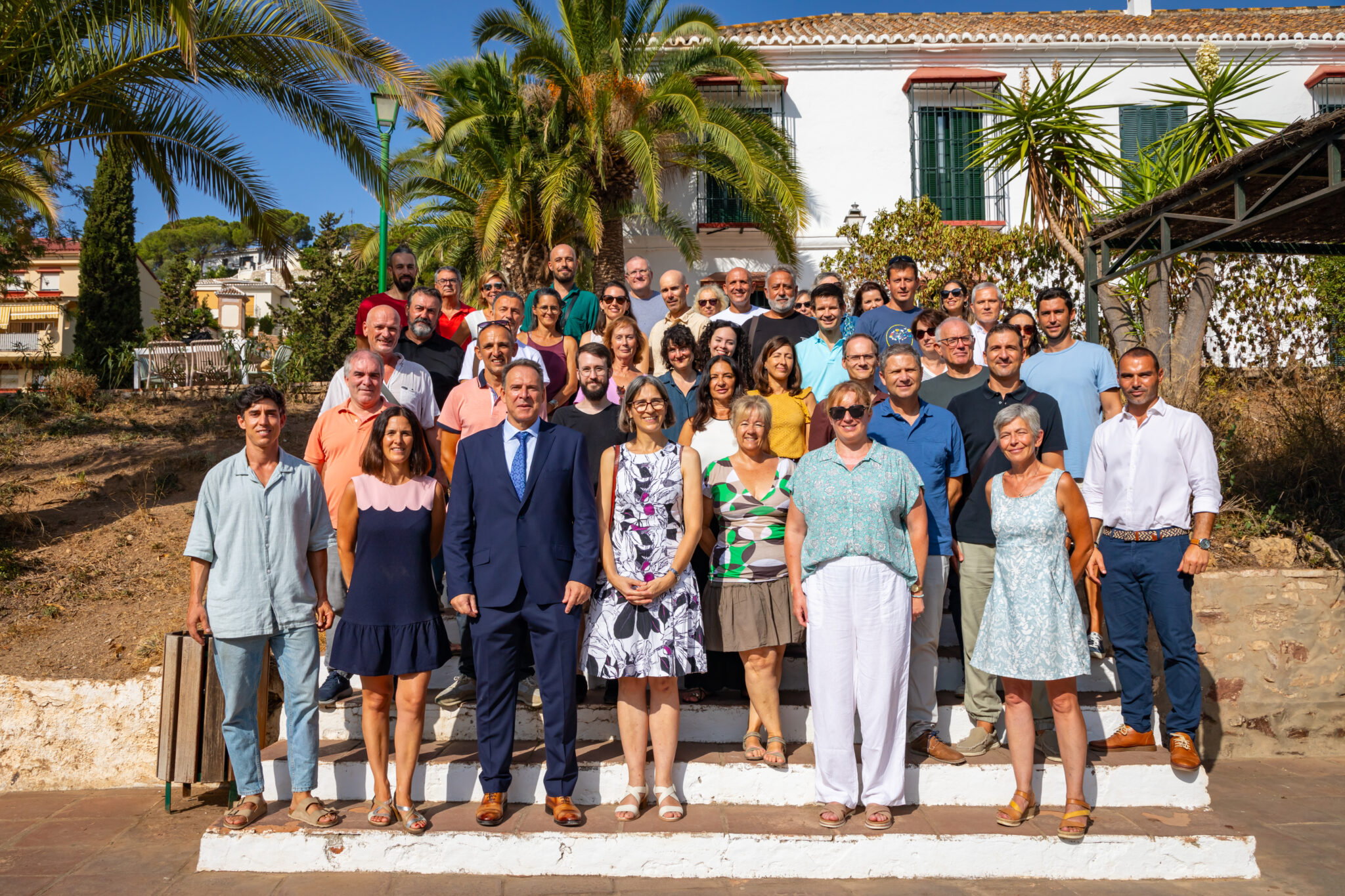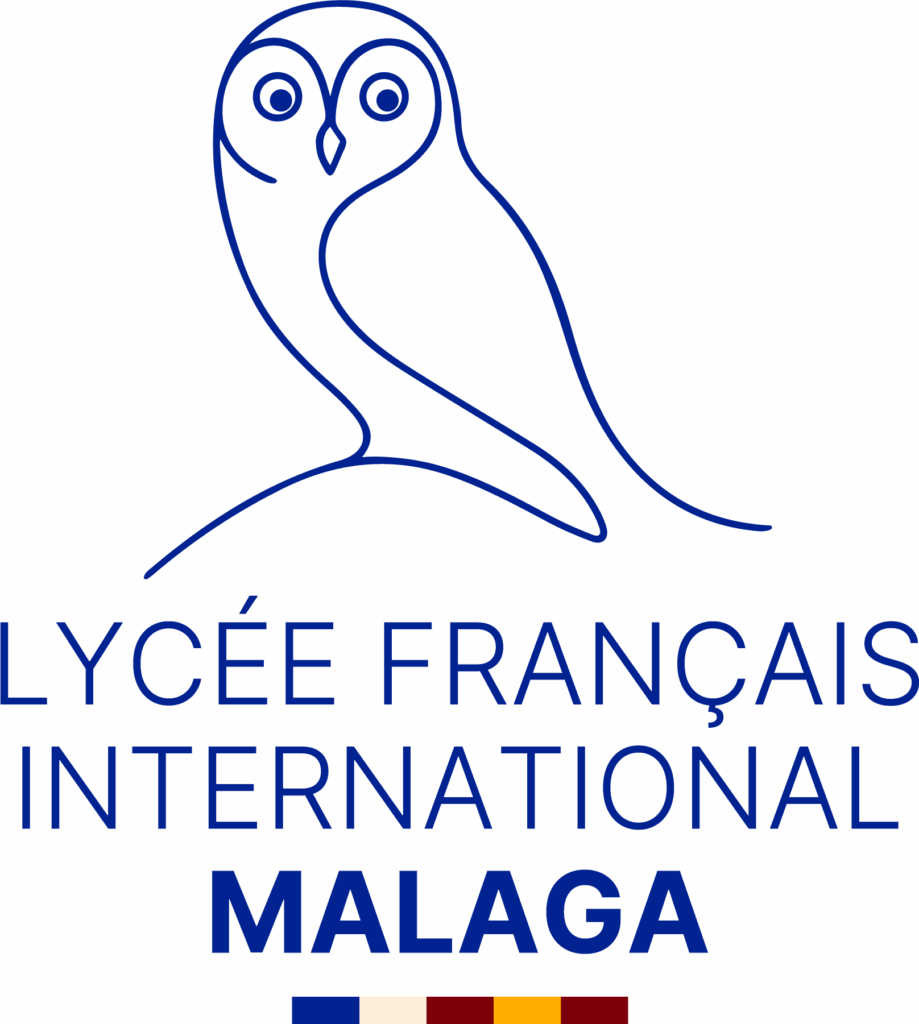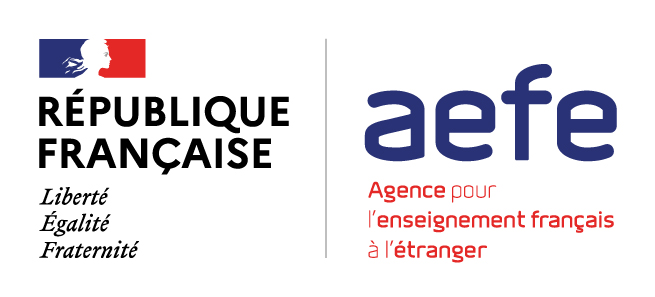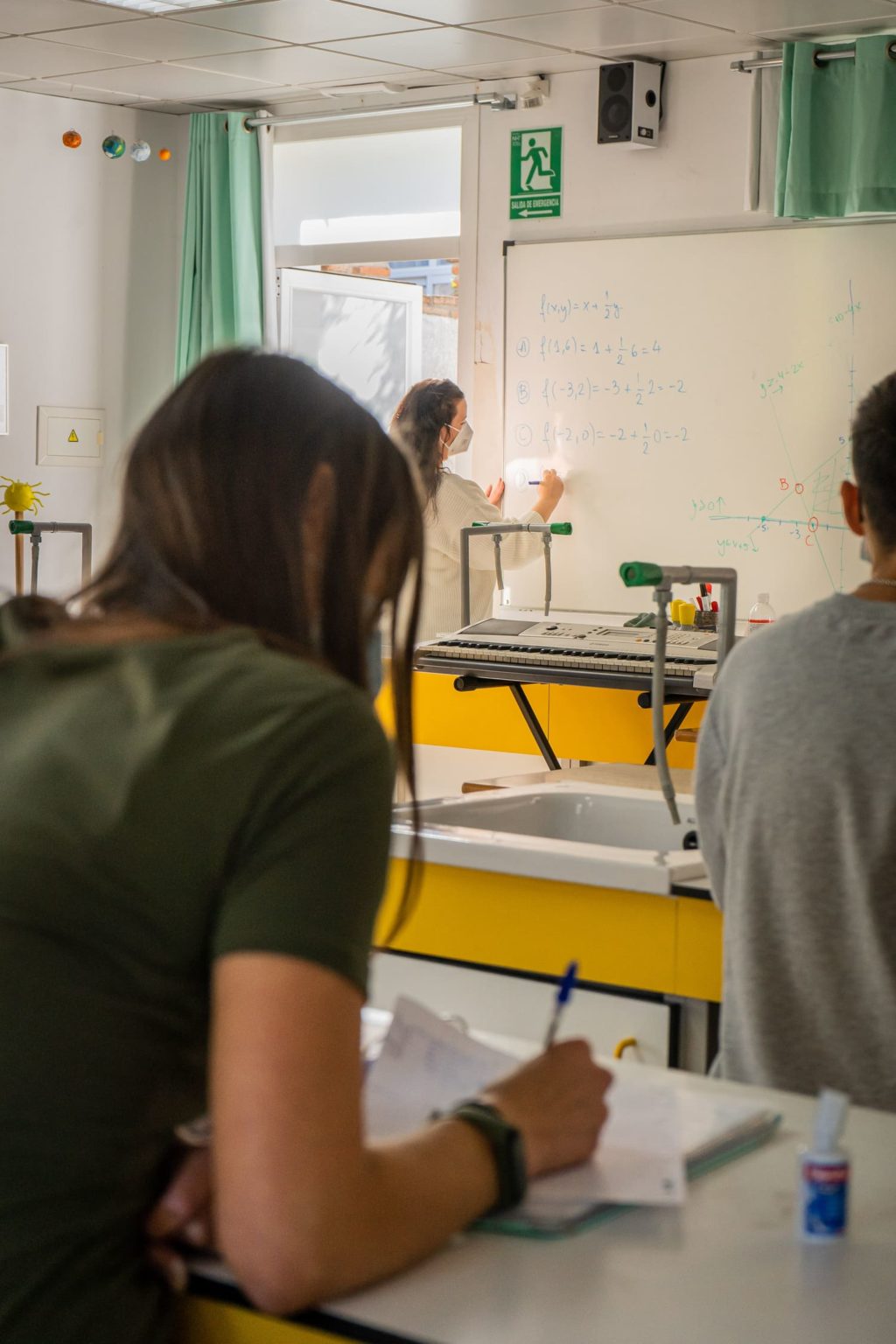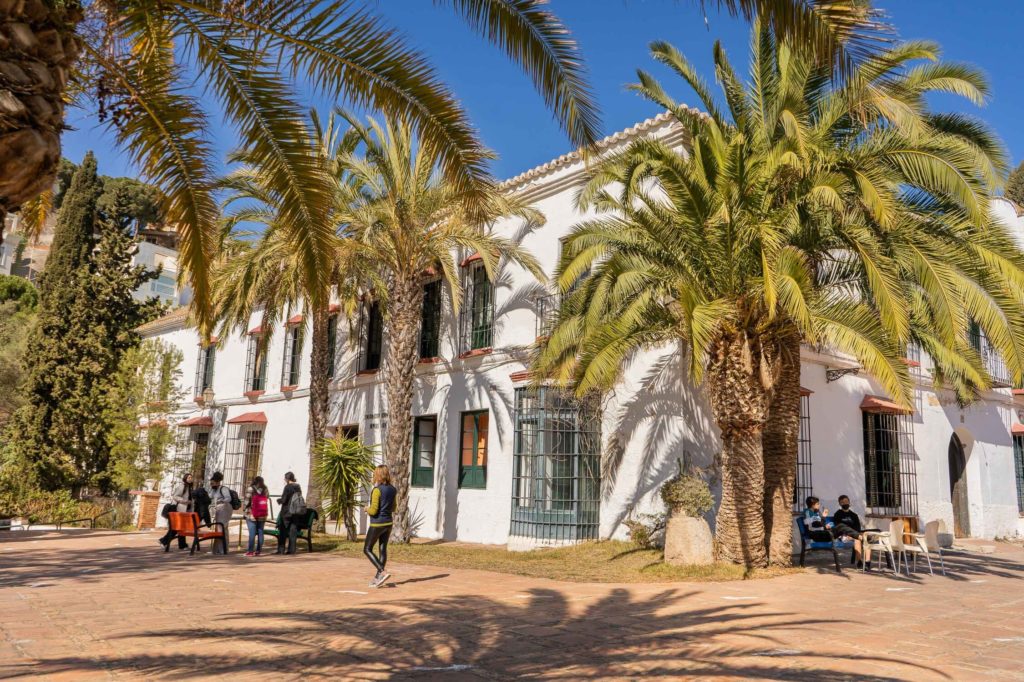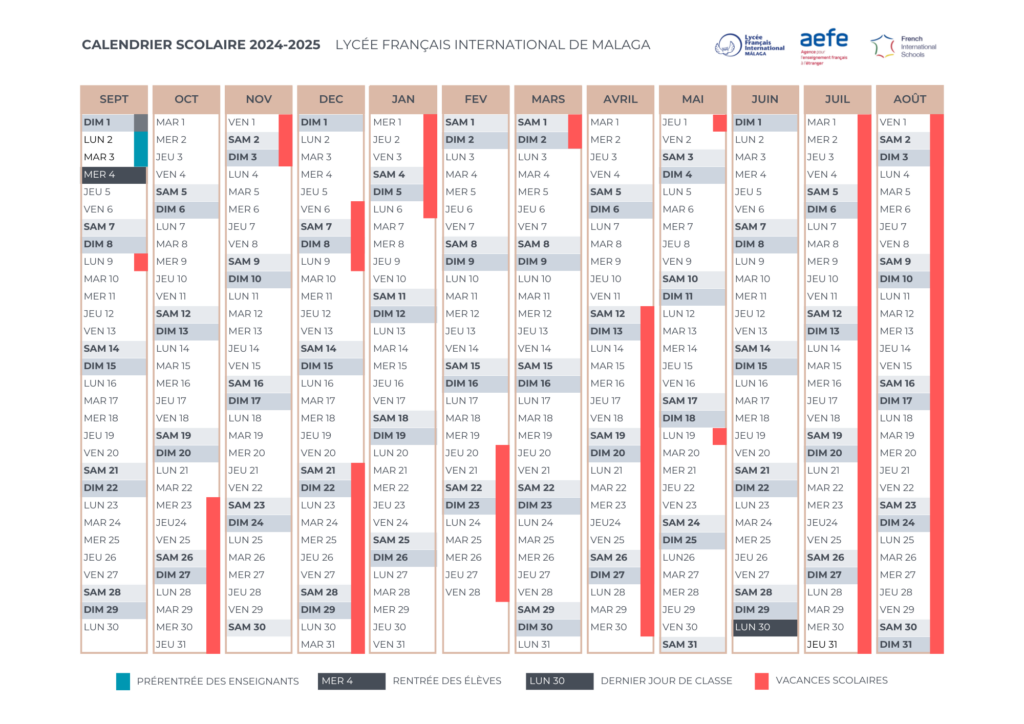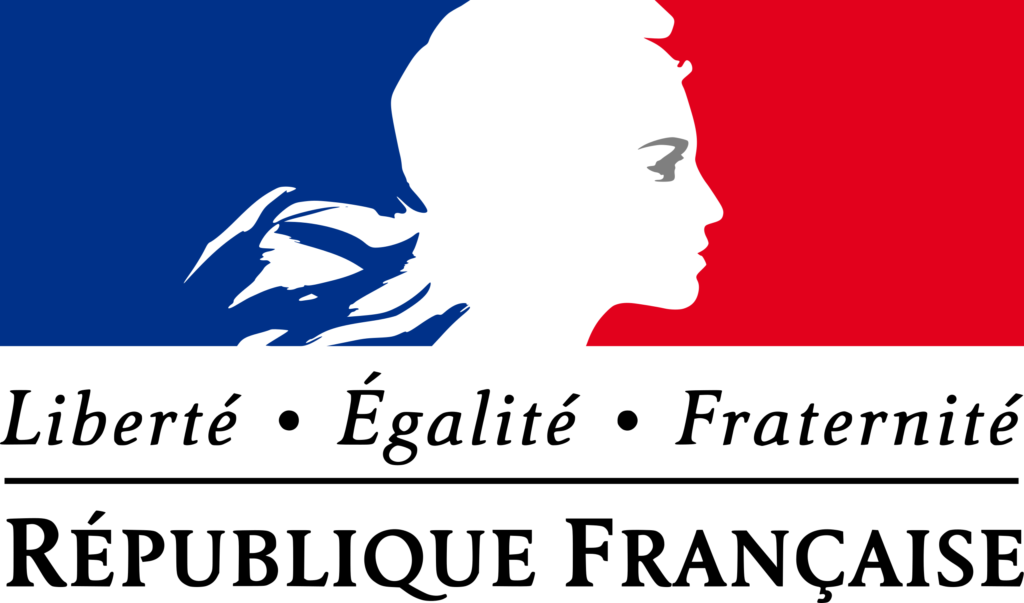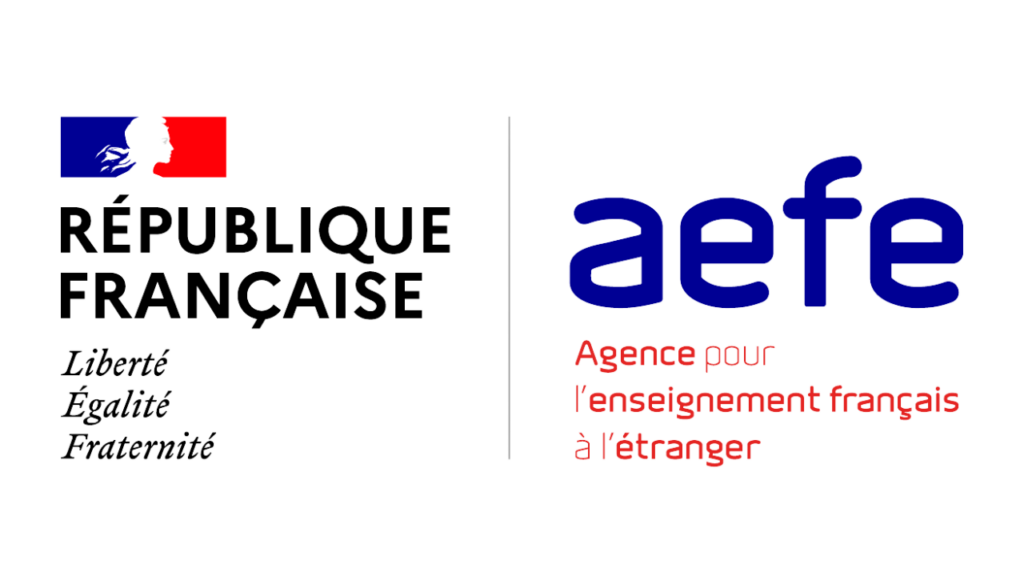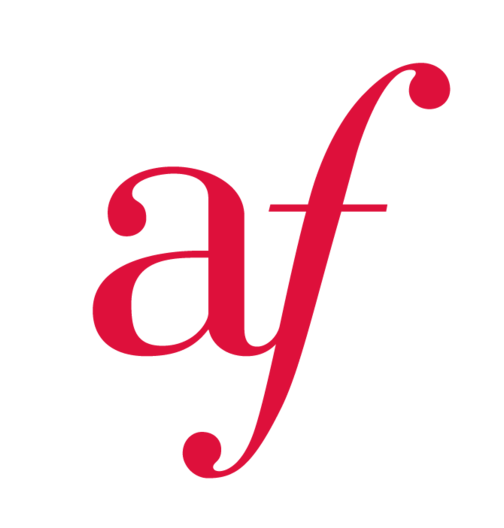middle School
Middle school marks the entry of students into secondary education. It is organized into four levels from sixth to ninth grade and structured into educational cycles. All middle school students have 26 hours of compulsory teaching per week, to which may be added optional teaching and specific teaching in Spanish language and history in accordance with the program of the Spanish Ministry of Education.
Teaching cycles in middle school
Middle school education begins with the final year of cycle 3, the consolidation cycle. This cycle therefore straddles elementary school and middle school. Its implementation requires increased consultation between middle school and elementary school, particularly within the framework of the school-middle school council.
Cycle 4, the in-depth cycle, includes the 5th, 4th and 3rd grades. During this cycle, students develop their knowledge and skills in the different disciplines while preparing for the continuation of their training and their future active participation in the evolution of society.
College goals
The structural organization aims to'improve learning' of all college students and to enable the School to better carry out its mission of transmission and integration of the values of the Republic.
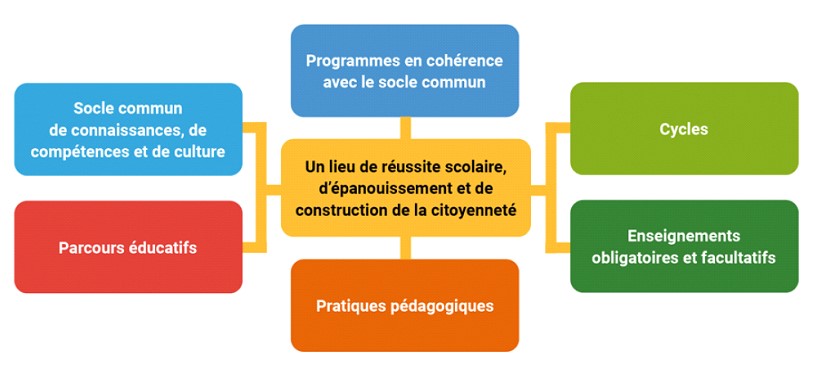
College is a place of academic success, personal development and the building of citizenship.
The success of these objectives is based on the common core of knowledge, skills and culture, educational pathways, programs consistent with the common core, teaching practices, cycles and compulsory and optional courses.
Mastering the common core of knowledge, skills and culture at a satisfactory level guarantees the skills needed to continue schooling. This level is not restrictive, as each student can aim for very good mastery.
An assessment is made at least at the end of each cycle, based on the evaluation of knowledge and skills, a skill being the ability to mobilize one's resources (knowledge, abilities, attitudes) to accomplish a task or face a complex or new situation. Developing one's skills thus goes further than acquiring knowledge, while being based on the latter.
Mastery of the common core of knowledge, skills and culture is assessed at the end of cycle 4 in five areas of training broken down into 8 components:
⦁ Languages for thinking and communicating (4 components)
⦁ Methods and tools for learning
⦁ The formation of the person and the citizen
⦁ Natural systems and technical systems
⦁ Representations of the world and human activity

The disciplinary programs decline and specify the skills and knowledge of the common base. They are defined by 3-year cycle and organized in a coherent and progressive manner.
End of year expectations and the annual progress markers must enable the educational teams to carry out rigorous, explicit and progressive teaching throughout compulsory schooling. They help teachers to better organize their year.
In each cycle, the teams decide on a common progression by level to facilitate the acquisition of knowledge and skills.
The cycle 3 program, common to elementary school and middle school, must be the subject of consultation between schools and middle school.
Additional teaching takes the form of personalized support time or interdisciplinary practical teaching.
Personalized support (AP) helps each student to progress and become independent by taking into account their student achievements and their own potential to put them into action in an interactive context. It relies on the teacher's discipline, but is also a special time to develop more transversal skills, make students aware of the transferability of their skills, use methodology, tutoring between students, etc.
Interdisciplinary practical teachings (EPI) are based on interdisciplinary project approaches leading to concrete individual or collective achievements. They are based on the disciplines and allow an awareness, through their practical application, of the transversality of the skills of the common core. They help to give meaning to the lessons through a diversified approach to knowledge and shed light on the contributions of the disciplines through their cross-disciplinary perspectives.
These courses do not replace compulsory courses; they are a particular form of them that allows the development of many skills. Complementary courses are based on the teaching programs. All disciplines contribute to them, at a rate of 3 hours per week in 6th grade and 4 hours per week in cycle 4. Both forms are possible from the 6th grade, and each student must have benefited from both during cycle 4. They contribute to the implementation of students' pathways.
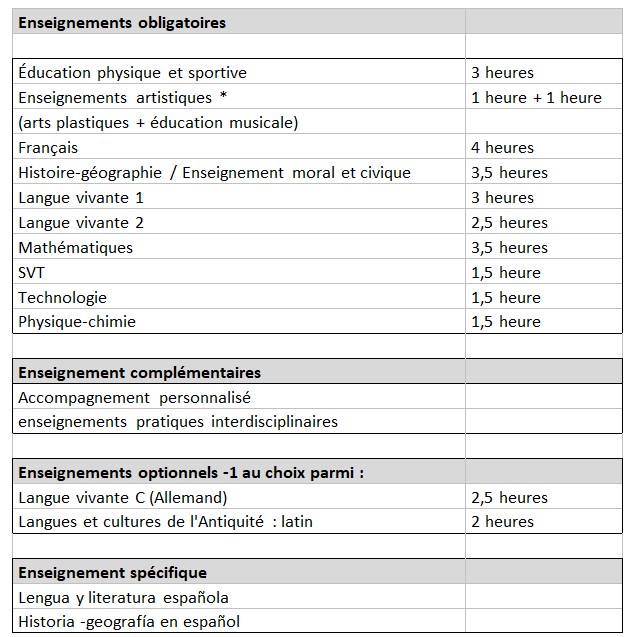
To enable each student to develop their potential and make the best use of their knowledge, the adaptability of teaching methods, such as diversification or differentiation, allows the teacher to provide a framework conducive to the acquisition of skills.
For students who have learning difficulties, this educational support is a key way to avoid having to repeat a year by avoiding accumulating delays and, often, by providing responses adapted to their needs. For all students, it is an opening towards new progress.
The notion of an educational pathway thus incorporates the idea of a progressive acquisition of knowledge and skills which accumulate throughout the student's school career.
In college, there are four educational paths:
⦁ The artistic and cultural education course
⦁ The Future course
⦁ The health education pathway
⦁ The citizen journey
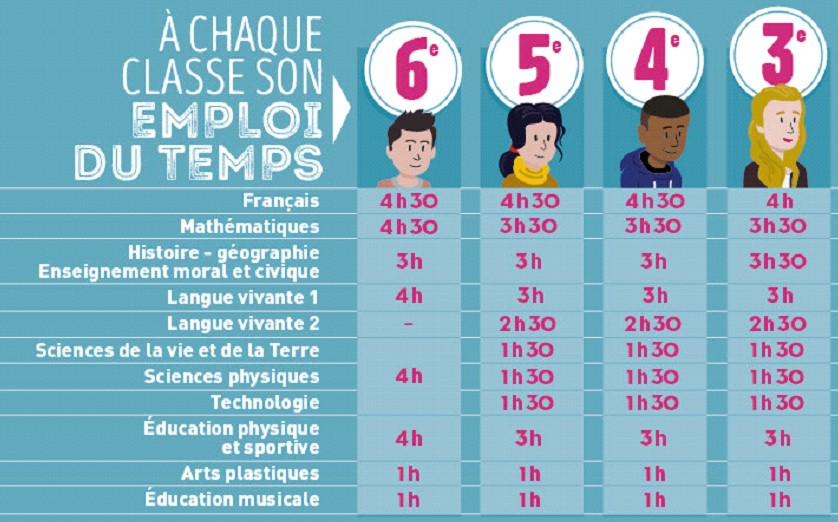
our teaching team
